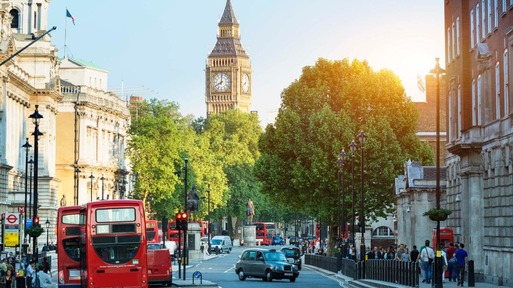Rebecca Mead on migration, New York and America and the possibility of an escape:
'I loved New York City, with its aggression and its warmth and its volatility. It didn’t take me long to discover that it was entirely possible to become a New Yorker without also having to become an American: you just needed to cultivate a sense of direction and an attitude. When friends from England visited—envious of my adventure and my good fortune in having escaped—I took them downtown to see my favorite landmark, on the waterfront near the World Trade Center: a quotation from Walt Whitman’s poem “City of Ships” embedded, in gilded letters, in iron railings overlooking the marina. “City of the world! (for all races are here; / All the lands of the earth make contributions here;)” it read. “Proud and passionate city! Mettlesome, mad, extravagant city!” Whitman was an American discovery for me: I knew the British Victorians, with their fine-grained depictions of status and tradition, but not the New World idealism of their American counterparts. I felt included in Whitman’s ebullient embrace, and was cheered by the hope that I, too, could make my contribution.
As a college-educated white woman who spoke and wrote English, I didn’t share the struggles experienced by many immigrants. And my national origin was hardly an occupational hindrance. Indeed, it was remarkable to discover that my British accent was often a journalistic asset. This must be what it’s like to be beautiful, I thought: people can’t help responding positively to you, even though you’ve done nothing to deserve it. A friend’s five-year-old daughter once said that I had an “English accident,” which just about nails it.'
(...)
'I hope that, in spite of the ugliness unleashed by Brexit and the ongoing chaos of its implementation, living in London will provide some relief from the sense of oppression that descended on the U.S. during the campaign of 2016, in which Donald Trump established an American rhetoric very different from the one I had aligned myself with, and which has only worsened since the election, as he continues to debase the office of the Presidency. Britain feels like a calmer place, if only because when you wake up in the morning there are still four or five hours to go before Trump starts tweeting. The difference between the political climate in the U.K. and in the U.S. these days feels like the difference between depression and psychosis. I’m opting for depression.
By moving to Europe, I’m not escaping from the realities of resurgent nationalism; in Hungary, Viktor Orbán has already built a wall to keep out refugees, and nationalist movements are thriving in France, Italy, and elsewhere. Nor does the influence of the President of the United States stop at the country’s borders. The question “Should we leave?” presupposes that there’s somewhere else to go, and in this shrunken world there really isn’t.'
Read her article in The New Yorker here.
Should we leave, or should I leave, is always the main question. I guess this is also what a good marriage consists of: two people contemplating leaving each other but disliking the trouble and for that reason postponing it for another year.
And choosing between psychosis and depression is a hard one. When I was embedded in a psychiatric hospital I spent some time on a ward for depressed patients and on a ward for people who where recovering from psychosis-related illnesses. I would still go for the psychosis, but I'm aware of the risks.
Besides the fact of course that depression and psychosis can go hand in hand.
But as Rebecca pointed out, escape may be an illusion but an indispensable illusion.
